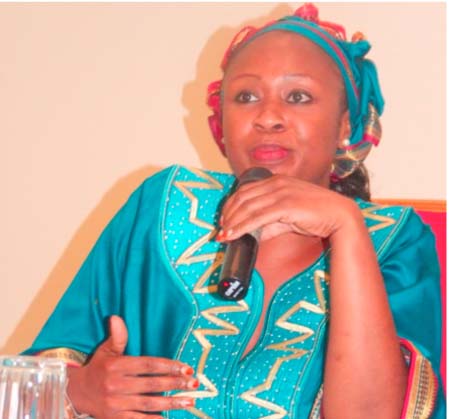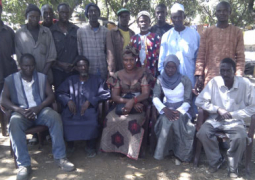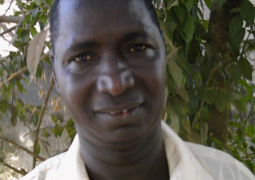
She was speaking at the closing ceremony for the 58th ordinary session of the African Commission on Human and Peoples’ Rights, which ended yesterday at the Kairaba Beach Hotel.
She said The Gambia, “as a signatory to a number of international and regional instruments takes its responsibilities and obligations very seriously and, inter-alia, acknowledges and supports the right, for example, to assemble and demonstrate peacefully as enshrined in section 25 of the 1997 constitution.
“That right like any other right is to be exercised subject to other laws of The Gambia, in so far as those laws impose reasonable restrictions on the exercise of the rights and freedoms thereby conferred.”
In this instance, she further stated, “there was a failure to comply with the letter of the law, arrests were made and investigation is currently ongoing,” adding that “the Gambia government would do everything to ensure that the due process of the law is followed.”
“The Gambia has always prided itself as one of the very few countries that have enjoyed peace and stability, in a region tormented by so much instability and chaos,” she said.
“We treasure and guard this stability and are always quick to protect it where and when necessary, and despite our regional variations and challenges we must endeavour to harness the peace we have in our respective countries, to enable us thrive and realise the vision of the founding fathers of the African Union,” Justice Minister Singhateh said.
Mama Fatima Singhateh described the just-ended ACHPR session as “a stimulating and productive exercise geared towards fulfilling obligations in the promotion and protection of human rights in Africa.”
“We can confidently state that in the past two weeks we have taken stock of successes and challenges, as well as the recommendations made to effectively implement our Charter obligations.
“The final Communiqué read out earlier was a clear manifestation of the magnitude of the work done and the pertinent human rights issues deliberated on at the session.”
That was a reflection of not only the important role played by the commission on issues affecting Africa’s development, but also the enthusiasm of all stakeholders present in ensuring that human rights are a reality for all Africans, she went on.
Justice Minister Singhateh further stated that no country has a perfect human rights record, but the ordinary sessions of the Commission are an opportunity for individual state parties to critically examine their records, their achievements and the various areas that needed improvement.
“We encourage each other and where necessary we admonish one another to do better. The promotion and protection of human rights in Africa is the responsibility of all as it is the bedrock of peace and development in our beloved continent.”
The African Charter is the continent’s manifesto for a more developed Africa, she stated, adding that among other rights, it calls for a shared commitment to economic, social and cultural rights and integration processes in the region.
Africa is rich, not only economically, culturally and intellectually but is blessed with diverse ecology and abundance of wealth, she said, adding that the wealth of the continent’s natural resources is, however, yet to properly benefit the African populace.
“We can only do so if peace and stability continue to prevail in our countries. Peace is very expensive, and its value is never truly appreciated until it is lost.”



